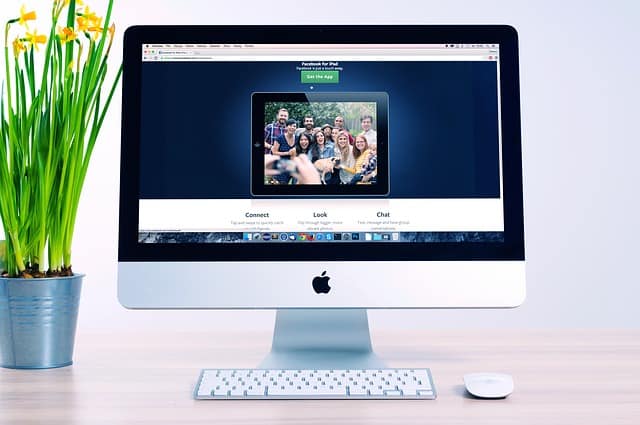For a long time, trading in Forex involved big companies, large numbers of individuals involved in trading for these companies and an extensive network of computers to do so. But the development of the smartphone and the tablet has meant that more and more people can access the world of Forex and try their hand at trading. But how do you go about getting started?
Learning the ropes
Before you ever involve any real world money, you should do plenty of reading and researching the topic. Use an app to monitor the latest news, choose your own areas of interest and start analyzing the topic. Learn about the signals, what they mean and how they affect real time trading so that you have a wealth of knowledge before you start entering the real-time arena.
Once you have done some basic research, you can start to define your goals and choose a style of trading that works with these. Some say that Forex trading is as much an art as a science – each style has a risk profile that helps achieve these goals and a certain approach to succeed in these goals.
Developing your methodology
Because you can monitor so much from a smartphone, you can trade when suits you as there is always a market available. Working with a broker that offers a platform you can use your smartphone is the first step towards starting your trades. Make sure they are reputable and that their policies are in line with your goals and aims.
Before you start trading, ensure you have the knowledge about how to make a trade. Whether you focus on the underlying fundamentals of an economy or a company to determine when to execute a trade or use more technical analysis, have your methodology in place before you begin.
Analyze your results
Once you begin trading, there are going to be losses and each of them can teach you something. Be restrained in the money you use and make sure you aren’t using cash designated for bills, food or anything else crucial. Leverage only a maximum of 2% of your total available funds for the trades so that you never lose a large amount of money each time.
Finally, set yourself up a weekend analysis program where you look back at what worked and what didn’t for the last week. Learning is crucial in Forex trading and this should be done quietly, when there is nothing to distract you. By learning what happened in the previous week, you will be better equipped for success in the next week.






